Jewish Family Service of Northeastern Pennsylvania

Overview
Jewish Family Service of Northeastern Pennsylvania is a mental health treatment center for people seeking treatment near Lackawanna County. As part of their treatment modalities for recovery, Jewish Family Service of Northeastern Pennsylvania provides couples/family therapy, group counseling, and cognitive behavioral therapy during treatment. Jewish Family Service of Northeastern Pennsylvania is located in Scranton, Pennsylvania, accepting cash or self-payment for treatment.
Jewish Family Service of Northeastern Pennsylvania at a Glance
Payment Options
- Cash or self-payment
- Medicaid
- Medicare
- Private health insurance
- State welfare or child and family services funds
Assessments
- Screening for tobacco use
- Comprehensive mental health assessment
- Comprehensive substance use assessment
Age Groups
- Children/adolescents
- Young adults
- Adults
- Seniors
Ancillary Services
- Case management service
- Court-ordered outpatient treatment
- Family psychoeducation
- Suicide prevention services
Highlights About Jewish Family Service of Northeastern Pennsylvania
6.62/10
With an overall rating of 6.62/10, this facility has following balanced range of services. Alcohol Rehabilitation: 8.00/10, Drug Rehab and Detox: 6.00/10, Insurance and Payments: 6.00/10, Treatment Options: 6.49/10.-
Alcohol Rehabilitation 8.00
-
Treatment Options 6.49
-
Drug Rehab and Detox 6.00
-
Insurance and Payments 6.00
Treatment At Jewish Family Service of Northeastern Pennsylvania
Treatment Conditions
- Alcoholism
- Mental health treatment
- Substance use treatment
- Co-occurring Disorders
Care Levels
- Outpatient
Treatment Modalities
- Couples/family therapy
- Group counseling
- Cognitive behavioral therapy
- Integrated Mental and Substance Use Disorder treatment
- Telemedicine/telehealth therapy
Get Help Now
Common Questions About Jewish Family Service of Northeastern Pennsylvania
Contact Information
Other Facilities in Scranton

7.11

7.06
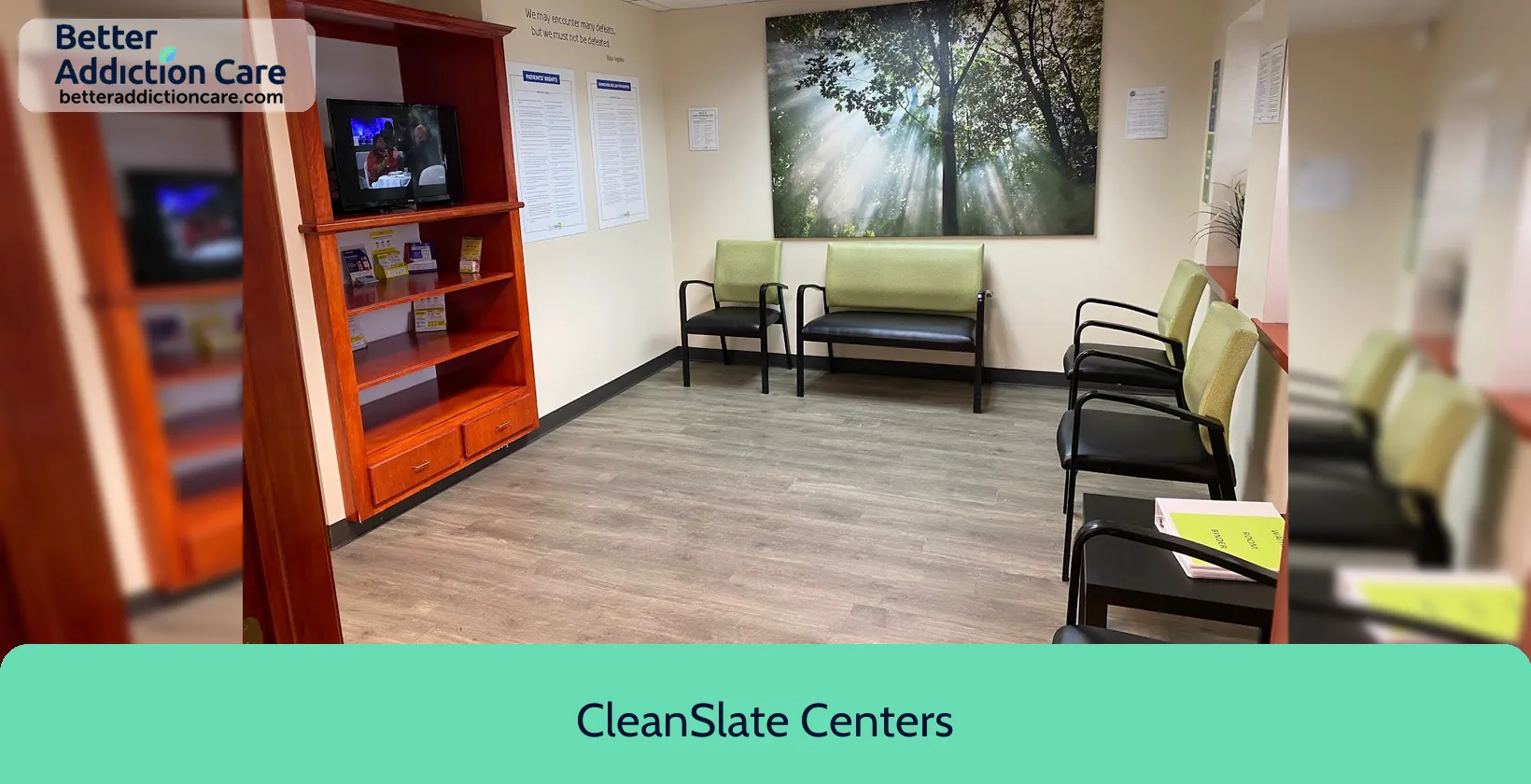
7.04
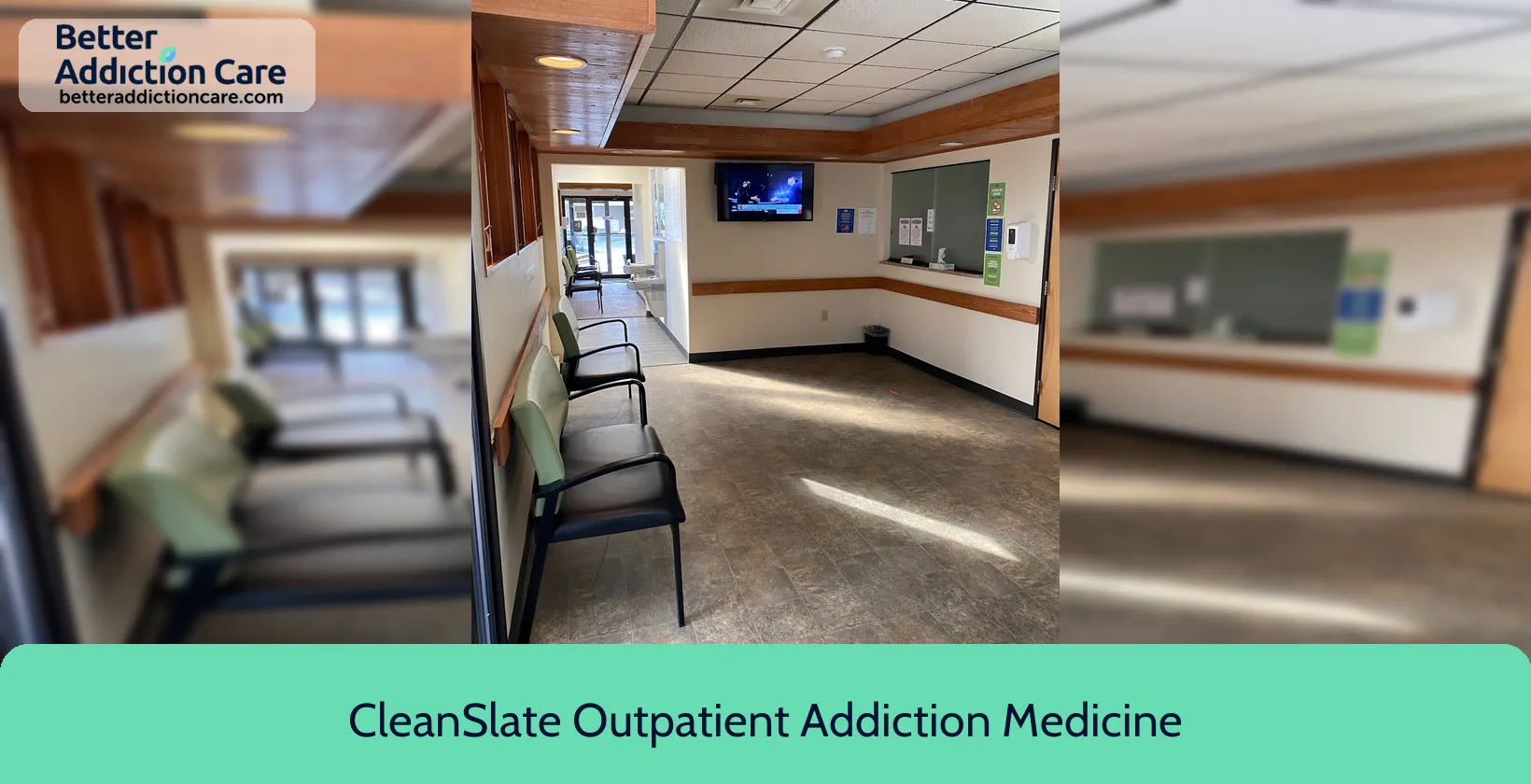
6.88
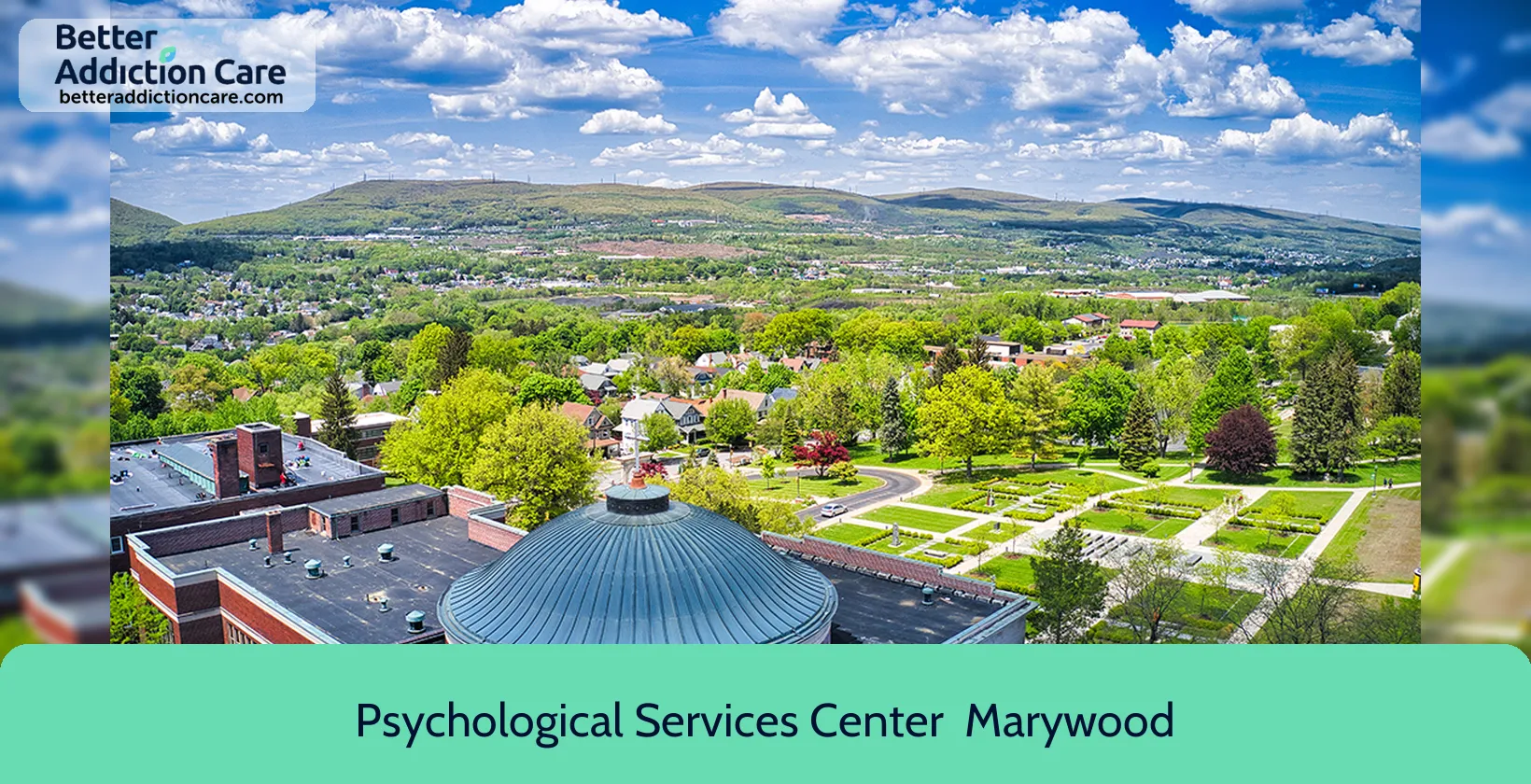
6.56
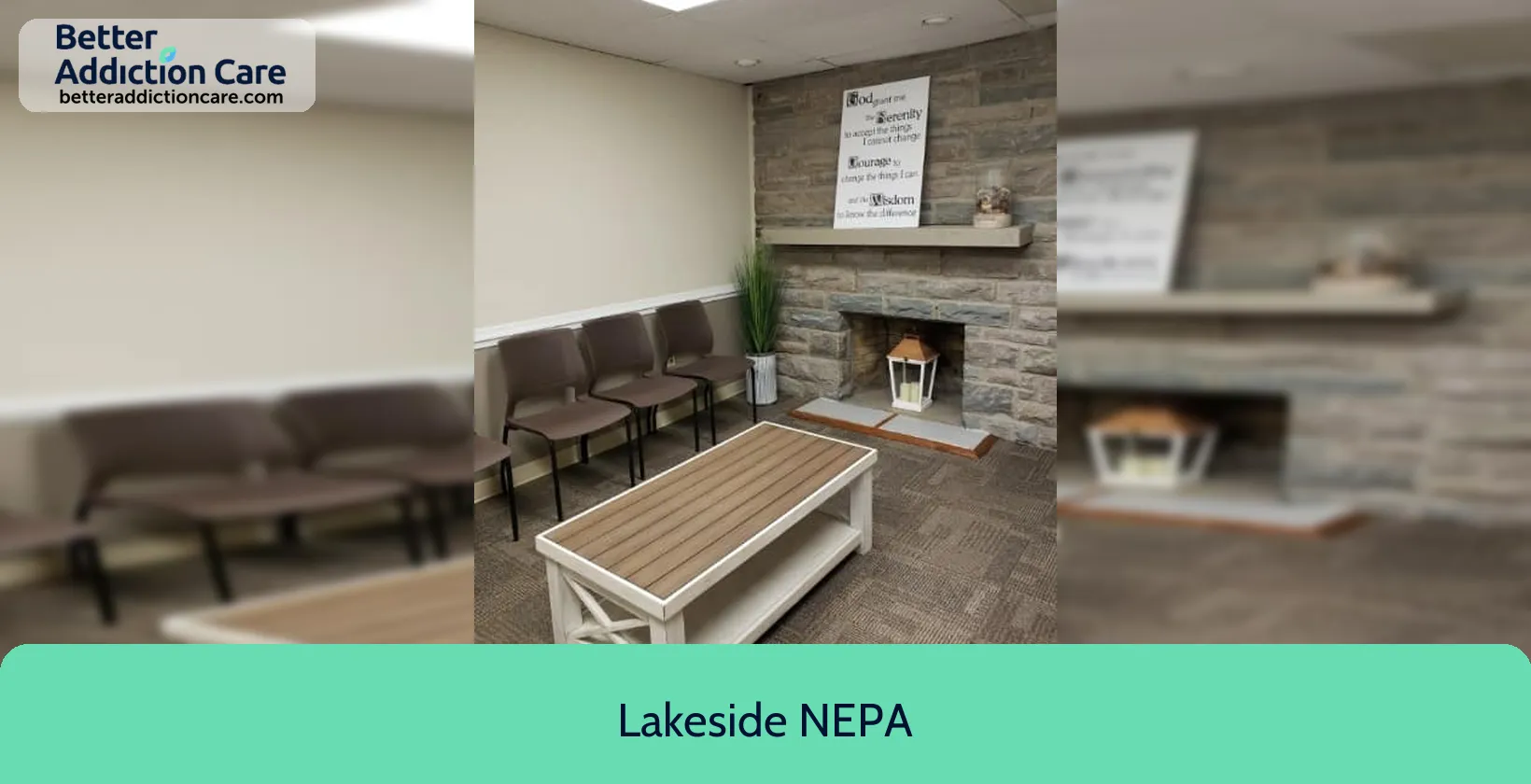
6.89

6.92
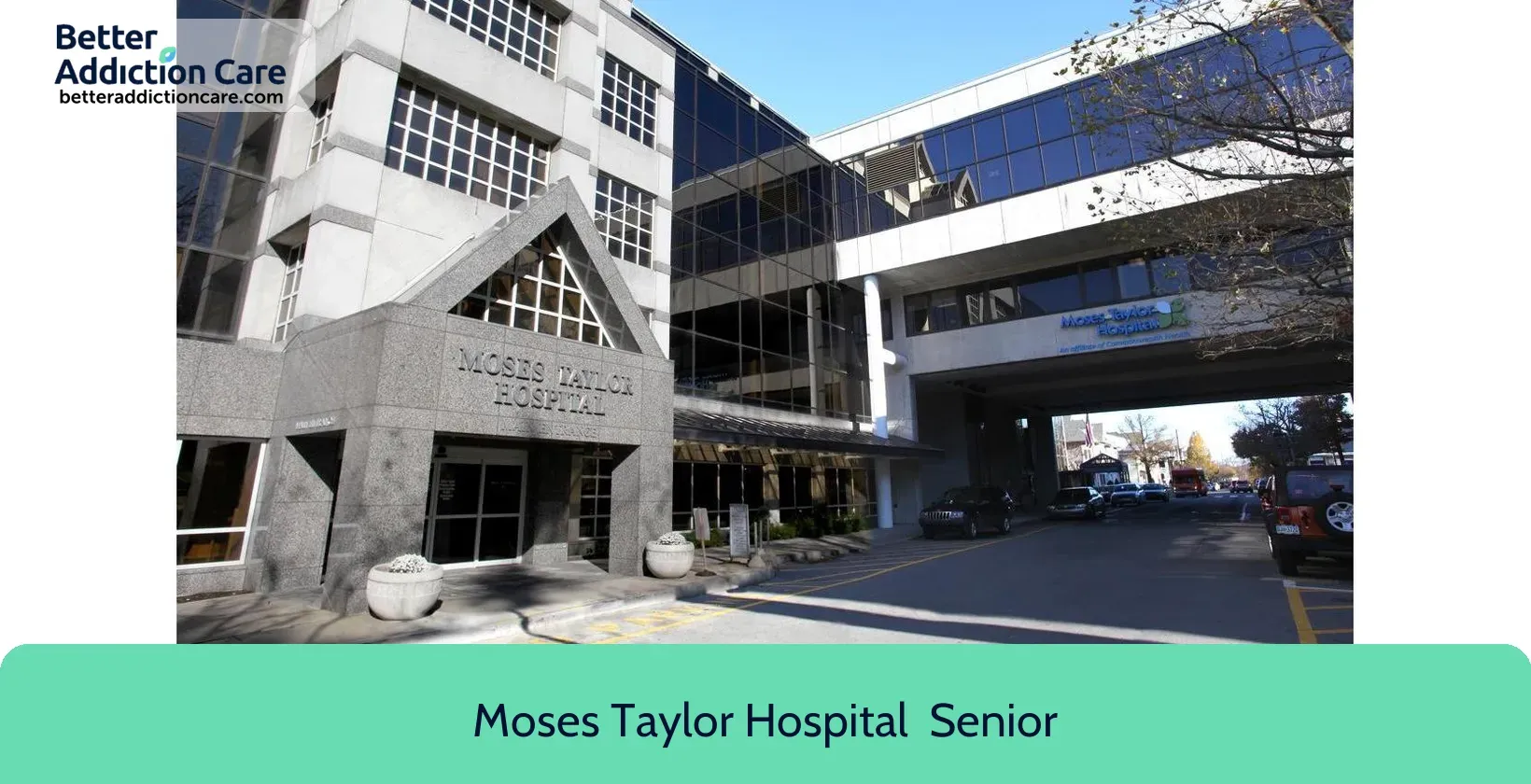
6.95
DISCLAIMER: The facility name, logo and brand are the property and registered trademarks of Moses Taylor Hospital - Senior Mental Health, and are being used for identification and informational purposes only. Use of these names, logos and brands shall not imply endorsement. BetterAddictionCare.com is not affiliated with or sponsored by Moses Taylor Hospital - Senior Mental Health.
